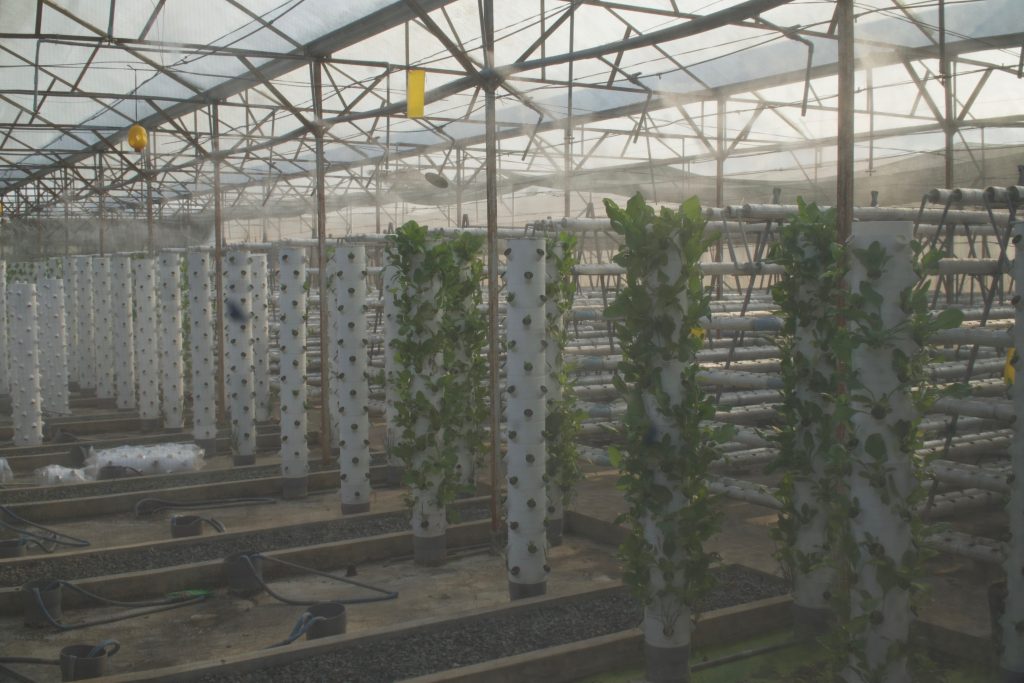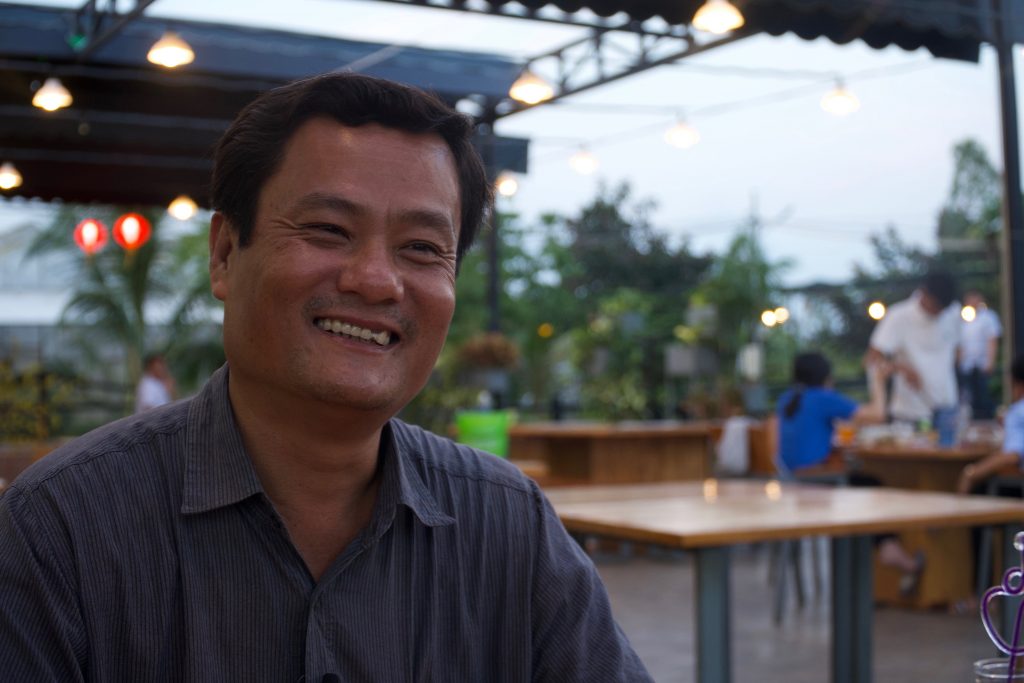The context
A couple opened a kindergarten in the Mekong Delta region, specifically in Soc Trang. Concerned about the health of the children, they were afraid that something might happen to them because of the food they were eating.
They would like to be able to provide the children with quality food that does not pose a risk to their health, but today, in vietnam there are virtually no organic farmers who produce without chemicals. In a tropical climate, it's difficult to do without… but it can be done! They started by raising awareness in schools and then extend it to other groups in society.

The project
The couple decided to find a piece of land on which to set up a farm to grow vegetables and raise chickens, fish and pigs.
This proved to be a difficult task as it wasn't possible to grow just any vegetables because of the salty soil and pesticide residues.
The other difficulty is that it is not possible to avoid using pesticides, otherwise the crops risk being destroyed by pests. And pesticides are very bad for your health. So the couple decided to use greenhouses and netting to avoid pesticides and protect their produce.
The founders have also developed an aquaponics model. Fish are raised in a lake or ponds and fed fish food and leftovers from the school restaurant. The leftover food and fish excrement in the water is then used as a source of nitrate for the plants, which absorb these nutrients. After absorption, the water is returned to the lake or ponds in a closed recirculation system. Vegetable waste after harvest is also used to feed the fish, chickens and pigs, again in a virtually closed loop system with very little external input.

No chemicals are used as the couple do not wish to use non-organic production methods to avoid contamination of consumers. All production is therefore organic, although the farm does not currently have a label. The problem with organic farming is that it leads to lower productivity and slower growth. As a result, the price of the produce is high, but the wages of the local people are relatively low. So we have to find the right balance to be able to sell organic produce.
At the moment, the farm mainly produces vegetables for the nursery school and the parents of the children who study there. The parents are prepared to pay more for their children's meals because they know where the produce comes from and the children are better off.
Finally, they also offer training in the methods used. They want to make people aware that it is possible to produce in this way and they want to help develop this activity.
Future projects
Eventually, once production has increased, the couple would like to get a foreign organic label for their produce.
They also want to open shops in Ho Chi Minh City, which would allow them to increase their income as the population there is more affluent.
They also want to set up an agritourism business, where people can stay on the farm and experience life on a farm.
An eventual goal would be to supply higher level schools, but at the moment the costs are too high and the range of products too limited. At the moment, some schools send their pupils to the farm for a picnic once a month.
The little extra
Parents also have access to vegetables from the farm!
This initiative sheet was written by Marie Brilland, LFC volunteer - October 2020.
Last modification : 23 Jan 2024.
Beloved Farm Vietnam
Located in the Mekong Delta, the Beloved Organic farm
was created thanks to the investment of a civil engineer who wanted to provide healthy food for the children at his wife's school. The farm produces organic food using an integrated farming system: fish are reared on the restaurant's leftovers, the water is filtered to provide the nitrate needed for the vegetable garden, and the remaining waste is consumed by the chickens and pigs.